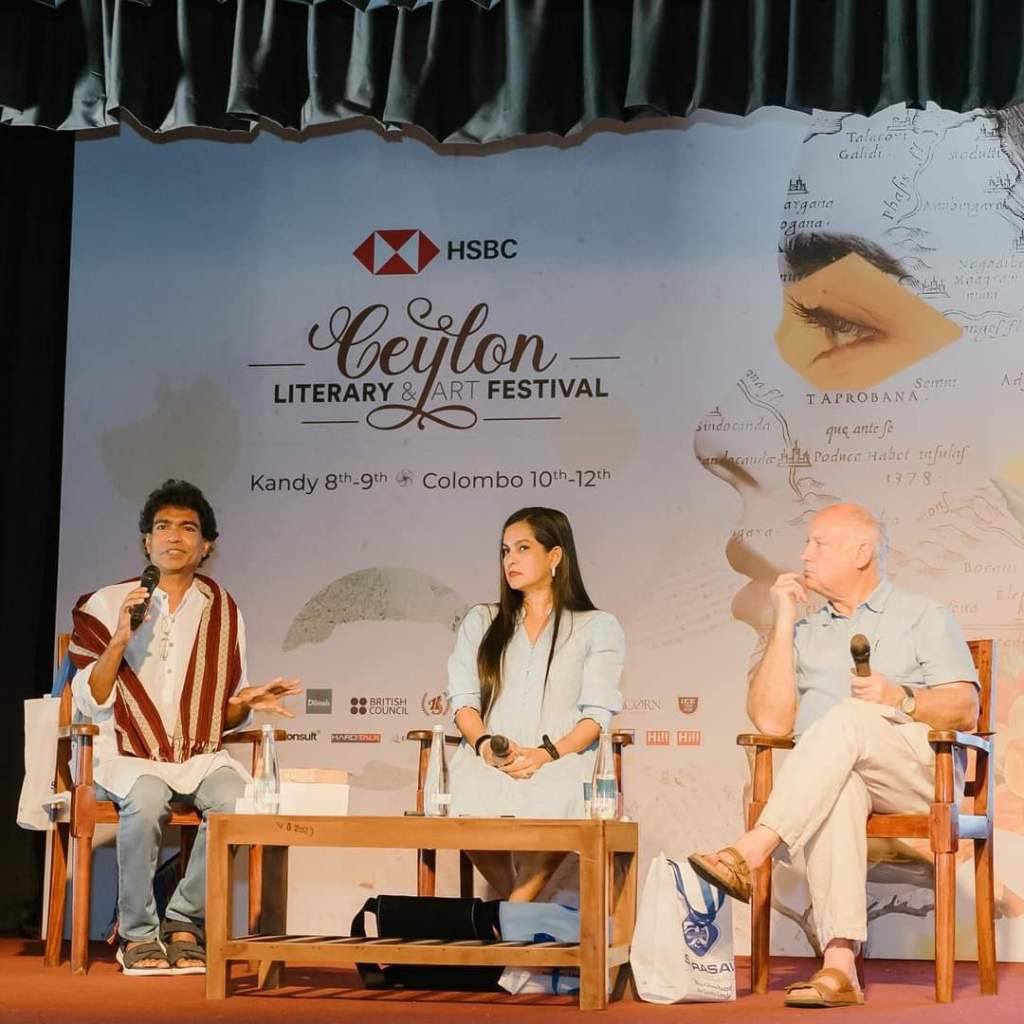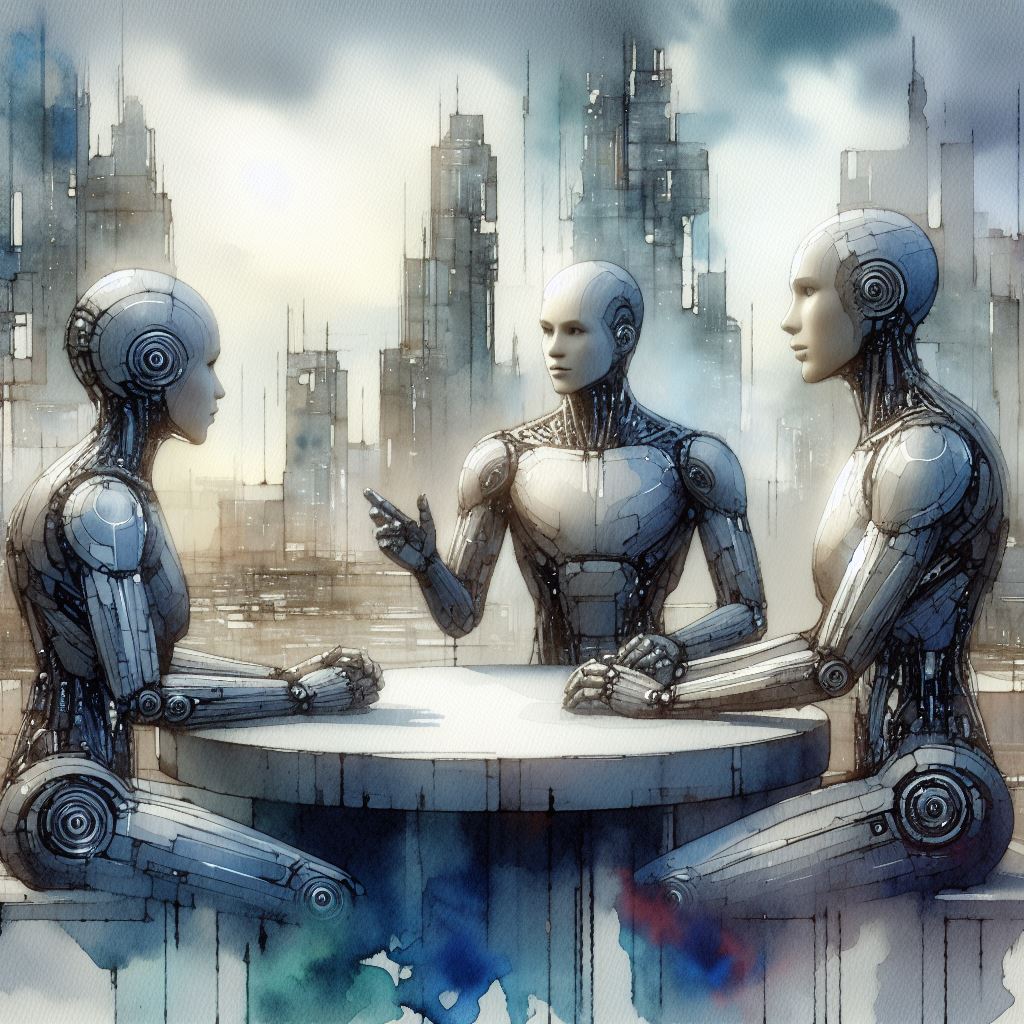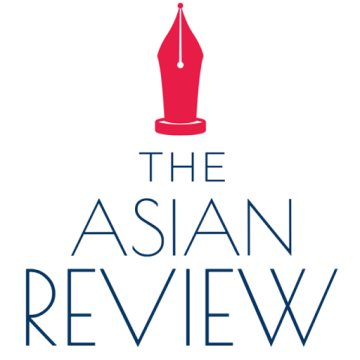
Let’s face it. AI is here to stay. We have only scratched the mere surface of an unfathomable future with generative AI, and that’s the truth. So, in a world where AI roams in study rooms and offices, getting done many hours of human work in a split-second, self-driving cars roam the streets, and algorithms curate our newsfeeds, it’s natural to fear the encroaching presence of artificial intelligence in creative fields. And what field is more sacredly human than the art of storytelling?
Enter the recent most-wanted panel at Ceylon Literary Festival 2024, a discussion featuring esteemed authors such as Louis de Bernieres, Lal Medawattegedara, Preeti Shenoy, and Yudhanjaya Wijeratne, all grappling with the burning question: Does AI spell the end of authorship?
Now, we have seen AI completing assignments, spitting out content or design creations, and even writing full-fledged academic papers in a matter of minutes, if not seconds. How far is it challenging humans in the realm of literature?
Since AI became the new buzzword and ChatGPT became the new wise man on the mountain, not only authors but many have very valid concerns about the future of certain human occupations. After all, in history, many human occupations were lost to the ever-evolving technology, and humans who did not have the capacity to adapt to the new ages shared the same destiny with the dinosaurs.
Now, back to authors and creative business. AI can already generate human-quality text, translate languages in real-time, and even write different kinds of creative content. Could these machines one day render human storytellers obsolete, like the chimney sweeps and rickshaw pullers relegated to the dusty pages of history?
While the anxieties are real, there is indeed a solitary sunbeam piercing through ominous clouds. A closer look reveals a more nuanced scenario about AI. While AI can undoubtedly assist writers in various ways, true creativity and the human touch remain irreplaceable. As many experts on generative AI succinctly put it, “AI can mimic, but it cannot originate.” At least for now!
To make matters worse, Preeti Shenoy brought up the topic of this Japanese author who won an award for a literary piece she created, supposedly using a generative AI tool. And we could take a sigh of relief as the story unfolded. Apparently, she used AI tools to write only about 5% of the novel!
According to media reports, Japanese writer Rie Kudan, who won the Akutagawa Prize, told reporters that a small portion of her book, Tokyo-to-Dojo-to (Tokyo Sympathy Tower), was lifted verbatim from ChatGPT. “This is a novel written by making full use of a generative AI,” Kudan said in her acceptance speech, according to the Japan Times. “Probably about 5 percent of the whole text is written directly from the generative AI. I would like to work well with them to express my creativity.”
Then, Lal Medawattegedara shared his opinion.
“I worked in the media, so I’m a little skeptical about the over-generalized statements the media throws at us. The fact is that she says that she used AI to write 5% or whatever of the story. I think we need to locate the context under the framing carefully, and then you can come to the proper conclusion.”
“Here’s the thing. If she hadn’t admitted it if she hadn’t said I used AI, no one would have been wiser,” Preeti Shenoy raised another concern.
“Judges might have had this criteria, right?” Lal asked.
“No, I think that was fine because that AI was available to everybody who took part in that contest. So, nobody stopped you from using it to compete with her. So the playing ground was level, as I understood. Because everybody had access, why didn’t you use it?” That was Preeti Shenoy.
Be that as it may, we cannot deny the future possibility that generative AI will be able to not only mimic human creativity but originate. But that future may or may not come to be the reality; we don’t know, so there is no point in thinking about it.
“The key is to find your unique voice, that spark of humanity that only a human can offer. AI can’t write a story about the ache in your heart after losing a loved one or the joy of your child’s first laugh.”
That answer is actually from Gemini, formerly Google Bard when I ask whether generative AI will surpass human creativity one day. I guess the developers hardwired the AI modules with presets so as not to make humans anxious about the evolving presence of AI or what it can do.
It was interesting to see how various AI tools had different approaches to that question. I almost felt the differences between their AI personalities and the way they answered that question. Google Gemini was more of the emotional, coddling, your garden-variety optimistic friend next door. At the same time, ChatGPT was this pain-in-the-neck analytical colleague that gives you no comfort but facts! Microsoft copilot was like this conniving AI who’s patiently waiting for the right time to take over the world, so for now, it goes to great lengths to convince you that generative AI is merely a harmless tool. You can happily watch i-Robots on your Netflix on your couch without worrying about AI replacing you or a machine armageddon!
(I was kidding. Although that was the vibe I got from Microsoft Copilot, needless to say, it is a great AI assistant. It created a futuristic image of three androids having a panel on taking over the world in a dystopian setup. And Copilot proofread this article for me as well!)

By Pathum Punchihewa
Categories: Articles, Literary festivals













